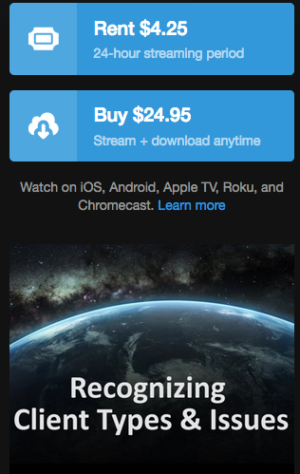The World Health Organization states that in recent years, there has been increasing acknowledgement of the important role mental health plays in achieving global development goals, as illustrated by the inclusion of mental health in the Sustainable Development Goals. Depression is one of the leading causes of disability. Suicide is the second leading cause of death among 15-29-year-olds. People with severe mental health conditions die prematurely – as much as two decades early – due to preventable physical conditions.
Despite progress in some countries, people with mental health conditions often experience severe human rights violations, discrimination, and stigma. Many mental health conditions can be effectively treated at relatively low cost, yet the gap between people needing care and those with access to care remains substantial. Effective treatment coverage remains extremely low.
We at Glasser Canada focus on Mental Health and have an alternative to the medical model of medicating. Dr. William Glasser, world-renowned board-certified psychiatrist, was highly successful in working with people, without the use of medication. In the 60’s he was successful, even with patients in long term psychiatric facilities, earning him ridicule by his peers. His belief in not medicating people was so strong that for the rest of his career he continued to advocate this. Today we understand many more of the side effects of medication, especially in young people and the importance for offering people alternatives. Dr. Glasser was dedicated to training others to be able to effectively and quickly help people live happier lives. His ideas are embraced around the world, across cultures, organizations and demographics.
Dr Glasser’s definition of Mental Health was a working definition that ordinary people can understand “you are mentally healthy if you enjoy being with most of the people you know, especially the important people in your life such as family and friends.” Our organization has the capacity to help people build the healthy relationships they need, by working with them through a step-by-step process. We help people learn to deal with adversity, meet their needs, and find personal happiness.
A key to helping people find happiness, in personal or professional contexts, is a shift from an external control mindset, of blaming and complaining to an internal mindset of personal empowerment. Dr. Glasser believed as long as we blame everyone else, we cannot see the path for personal responsibility. Our society is desperate for personal responsibility and a way of approaching life that creates good relationships. We assist with the tools to accept personal responsibility for their own happiness.
We have trained faculty across Canada that are bilingual, multicultural, and with a wide range of expertise. Glasser Canada was first incorporated as a not-for-profit organization in 1992. Since this time the organization has received consistent feedback on the positive life-changing effects of the programs, including tools and skills that they can use for a lifetime.
We have provided training to an extremely wide range of systems across the country addressing issues such as life transition, alienation in the workplace, productivity, reduced sick times and optimal performance, stress reduction and non-violent intervention. Building both healthy and productive work environments is extremely important, but most important is building work environments people want to be part of. Likewise, relationships are the building blocks for society, and we need to help people build strong and healthy relationships that truly serve everyone.
The following are some of the contexts we have worked in, but we know we have just scratched the surface of what is needed.
- Indigenous communities
- Early Childhood Intervention
- Family dynamics and parenting/relationship skills
- Corrections
- Education
- Big Brothers, Big Sisters
- Boys and Girls Clubs
- Groups home counselors
- Domestic Violence counselors
- Loss/grief
- Disability
- Trauma
- First responders/police
- Addictions
- Sexual Orientation
- Need satisfying workplace relationships



